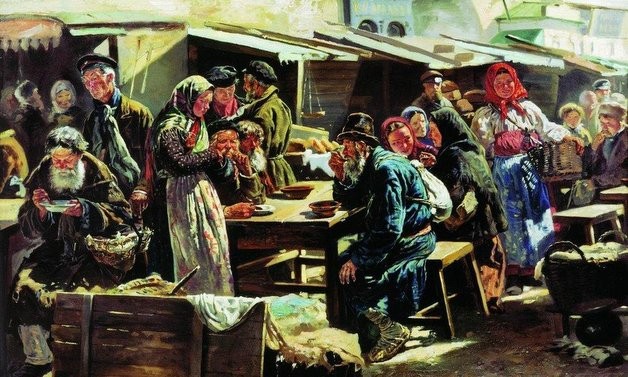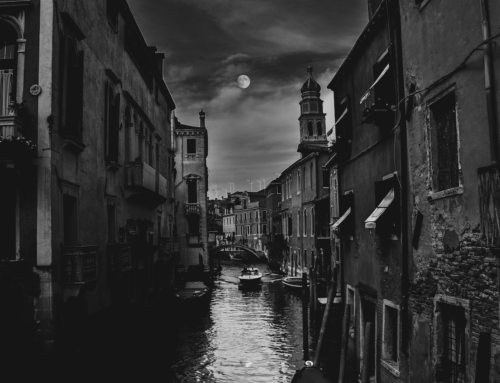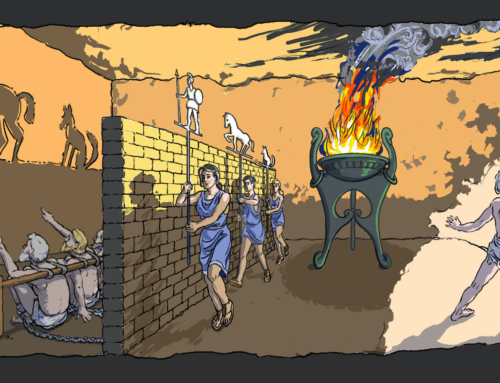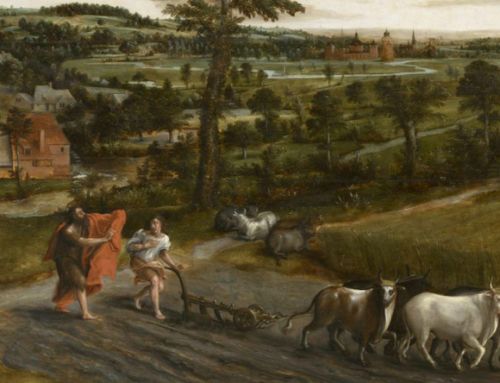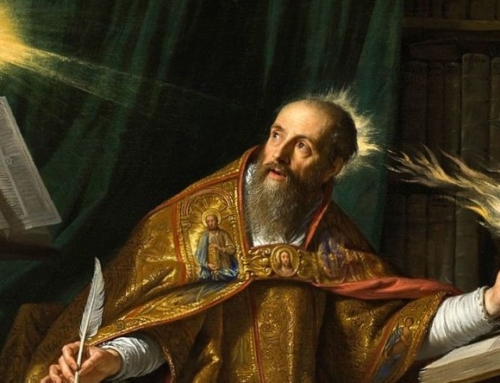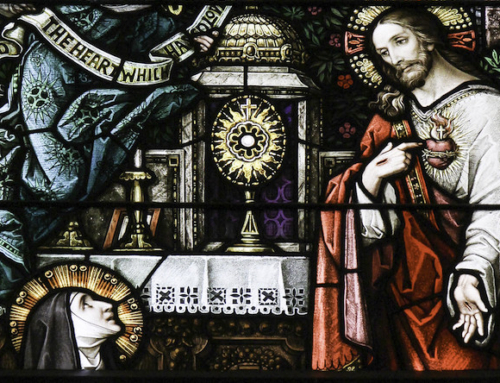In between lectures, panels, and papers feeding the mind with philosophical fare, the conference presenters found themselves around a table enjoying a common meal. Among these academics of diverse creeds and professional interests sat one unusual philosopher. In most respects, I am told, he was as usual as philosophers can be, but he had the curious habit of asking profound and unsettling questions without the slightest pretension—questions that sought after great rooms of truth without heed for elephants standing in the way. On this occasion, the philosopher’s question came by way of a personal anecdote:
It was a day like any other. The philosopher was walking down a crowded avenue accompanied by a priest friend of his. As they walked, they began to notice a commotion on the side of the street to their left. A large crowd had gathered, joined by an alarming silence and a low anxious murmuring. The philosopher and the priest ran up to the crowd, weaving between faces dazed, pained, and blanched. Emerging into the center of the scene, their worst fears were confirmed at the sight of a woman’s body, broken and bleeding, on red-stained pavement. She had jumped, but her body had proved more resilient than she had anticipated. Half-conscious, she moaned in the throes of death.
As the priest knelt to hear any word of remorse, the smallest sign of repentance, the sirens of an ambulance blared louder and louder. Her broken body was loaded onto the vehicle, and the priest hopped inside beside the stretcher in order to offer last rites to the woman, leaving his philosopher friend to accompany them remotely with his prayers. As she took her last ride, the woman revived enough to communicate. Holding her hand as her life slipped away, the priest assured her, “God is love.” Leaning in close to hear her muted voice amidst the screaming sirens, he heard her pray, “God is love . . . God is love . . . God is love . . .” She died before they arrived at the hospital.
A week later, the same priest was saying Mass at a monastery of cloistered nuns. As he was preparing to leave, one of the sisters asked to speak with him. Taking off his coat, the priest prepared to hear her confession, but as he sat down, the sister began to relate a very peculiar dream she had had the night before: “In my dream a woman, beautiful and beaming, appeared to me and made a strange request. She asked me to tell you something. She said, ‘Tell father that he was right. Tell him that God is love.’ Father, what do you make of that?”
The dining academics had ceased putting fork to mouth at the first gruesome details of the story. Their discomfort had given way to engrossment, but with the abrupt end of the philosopher’s story, their discomfort was returning quickly. Slowly scanning the bewildered faces of his table companions, the philosopher’s own broke into a broad grin. “Well,” he asked, “what do you make of that?”
The philosopher’s name is Norris Clarke (†2008). The story was related to me by a man who had the fortune of sitting at his table.
✠
Image: Vladimir Makovsky, The Meal

